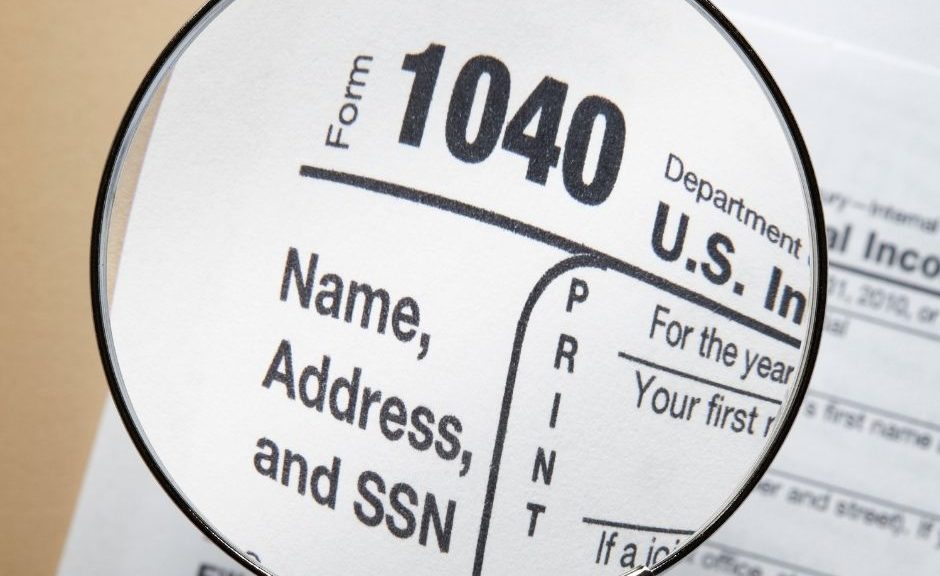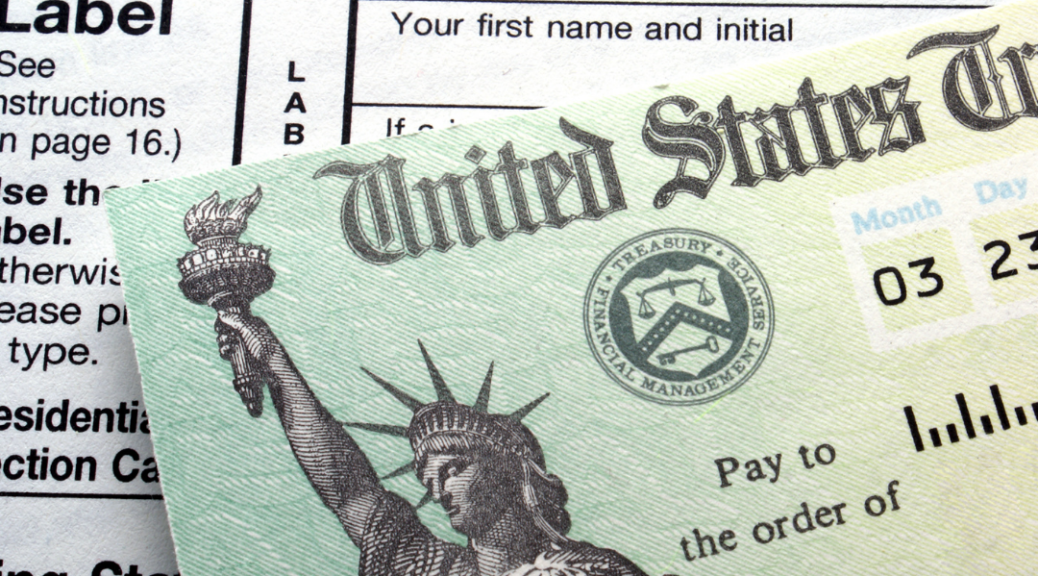There are less than two months left in 2022. If you are a small business owner, it’s more than likely, you are looking forward to 2023. With the holiday season in full swing, it’s easy to want to wind down, but now may be the best time to plan for taxes in the new year. There are many ways to optimize your taxes, but one of the most impactful things you can do is to consider changing your business’s legal structure.
There are 5 main types of tax entities in the United States:
- Sole proprietorship
- Partnership
- Limited Liability Company
- C Corporation
- S Corporation
Depending on the stage your business is in, one structure may make more sense than the other.
The IRS defines a sole proprietor as someone who owns an unincorporated business by himself or herself.
A partnership is when two or more people engage in a trade or business where each contributes money, property, labor, or skill and shares in profits and losses.
A Limited Liability Corporation or LLC is a slightly more complex structure than a proprietorship and partnership. It protects members’ personal assets from the organization’s debts and liabilities.
A C Corporation has shareholders exchange money or property for ownership of the organization.
Lastly, an S corporation elects to pass corporate income, losses, deductions, and credits through to their shareholders for federal tax purposes.
Each structure has its advantages and disadvantages. So, it’s important to consider the following when deciding to change your business structure:
If you are a sole proprietorship
-
- Benefits include:
- Pass-through entity status (passing income straight to the owners)
- Fewer reporting requirements
- No corporate business taxes
- Disadvantages include:
- Lack of protection for personal assets separate from business
- No perpetual existence (Owners, for legal and tax purposes, are directly linked to their business)
- Benefits include:
If you are a partnership
-
- Benefits include:
- Pass-through entity status
- No corporate business taxes
- Disadvantages are:
- Lack of protection for personal assets separate from the business
- No perpetual existence
- Benefits include:
If you are a Limited Liability Corporation
-
- Benefits include:
- Protection for personal assets separate from the business
- No corporate business taxes
- Flexibility to be taxed like a corporation, partnership, or sole proprietorship
- Disadvantages are:
- No perpetual existence
- Subject to state laws
- Benefits include:
If you are a C Corporation:
-
- Benefits include:
- Protection for personal assets separate from the business
- Perpetual existence
- Disadvantages are:
- Double taxation (Taxes are paid for corporate income and an owner’s income)
- More reporting requirements
- Benefits include:
If you are an S Corporation
-
- Benefits include:
- Protection for personal assets separate from the business
- Pass-through entity status
- Perpetual existence
- No corporate business taxes
- Disadvantages are:
- Not available in all states
- Strict standards to qualify
- Benefits include:
Depending on your situation, it’s worth considering changing your business structure to maximize tax benefits.
While there are many other areas to ponder when doing year-end tax planning including estimating your net income, analyzing possible deductions for this and next year, and many more, determining whether to keep or change your business structure can make a significant difference.
Before making this decision, it’s best to consult an accountant for proper guidance.
A.K. Burton, PC, has been working with the IRS for our clients for many years. Our firm has experienced accountants who can help you get the ball rolling with yearend tax planning for your small business. Call us at (301) 365-1974 for a consultation.
We serve the Bethesda, Rockville, and Montgomery County, MD area.
Sources:
- https://www.forbes.com/sites/davidrae/2022/11/03/7-smart-year-end-tax-planning-moves-for-small-business-owners/?sh=6b5bc47d47f3)
- https://www.irs.gov/businesses/small-businesses-self-employed/business-structures
- https://www.netsuite.com/portal/resource/articles/business-strategy/business-structure.shtml










